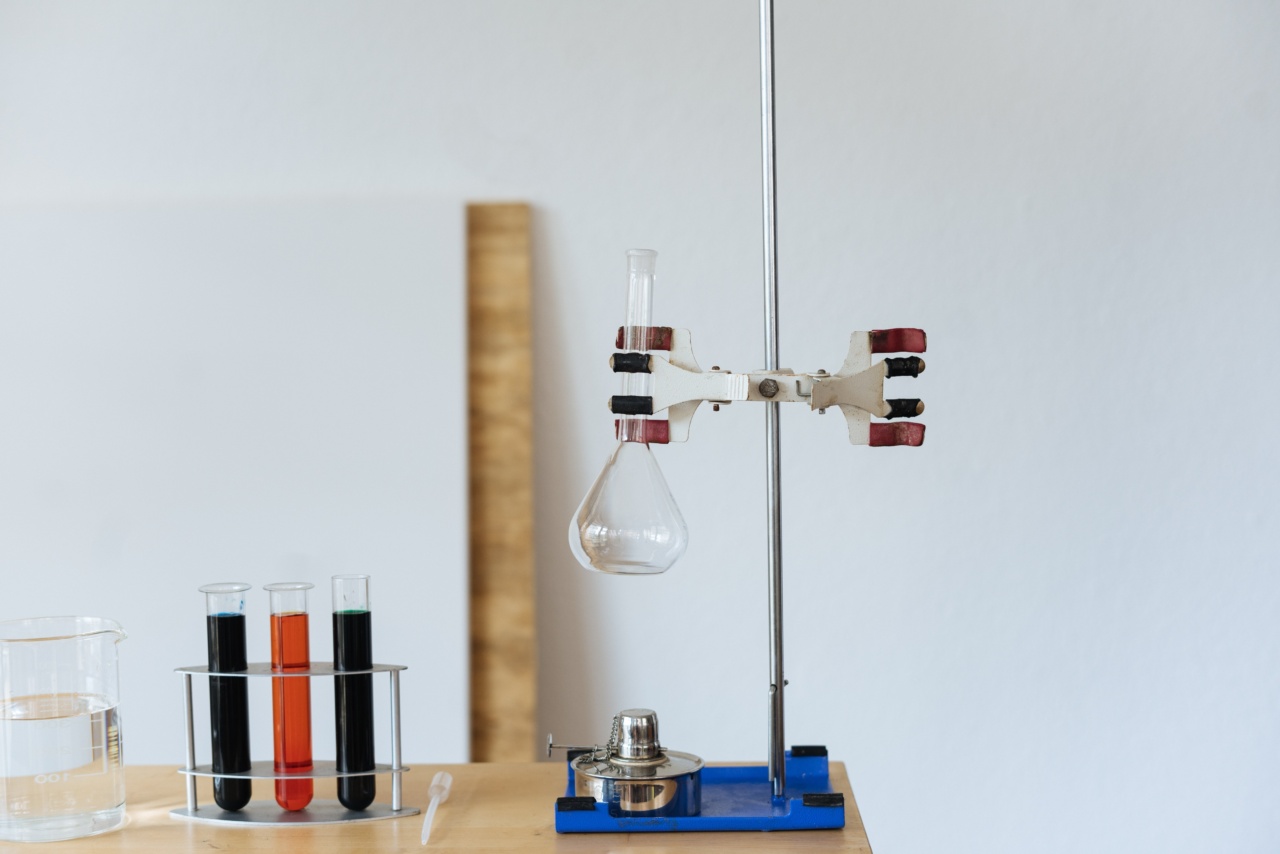Fluid retention, also known as edema, is a common condition that occurs when excess fluid accumulates in the body tissues. It usually affects the legs and feet, but can sometimes occur in the hands, arms, and other parts of the body.
The mere thought of fluid retention can be quite daunting, and it’s not uncommon to feel bloated and uncomfortable – some women even say they feel as though they are carrying extra weight.
Fluid retention can be caused by numerous factors, some of which can be treated easily and others that may require medical attention. The good thing is that there are plenty of remedies that you can try to reduce or eliminate fluid retention.
In this article, we will look at some common causes of fluid retention and what you can do to combat it.
What Causes Fluid Retention?
There are several causes of fluid retention, some of which may surprise you. Here are some common causes:.
1. Poor Diet
According to the National Institutes of Health, an unhealthy diet that is high in salt and low in potassium can cause fluid retention. Salt causes the body to retain water, which can lead to bloating and swelling.
Conversely, potassium helps flush excess sodium out of the body, reducing bloating and swelling.
2. Dehydration
Surprisingly, dehydration can also cause fluid retention. When your body is dehydrated, it retains water to prevent further loss. This can result in swollen feet and ankles. Drinking plenty of water can help flush out excess fluid and reduce swelling.
3. Certain Medications
Some medications, such as oral contraceptives, anti-inflammatory medications, and blood pressure medications, can cause fluid retention as a side effect.
If you are taking any medications and experiencing fluid retention, speak to your doctor about alternative medications or dosages.
4. Certain Medical Conditions
Medical conditions such as heart, liver, or kidney disease can also cause fluid retention. These conditions can interfere with the normal functioning of the body’s organs, causing fluid to accumulate in the tissues.
5. Hormonal Changes
Hormonal changes that occur during menstruation, pregnancy, or menopause can cause fluid retention. This can cause bloating, swelling, and discomfort.
6. Prolonged Standing or Sitting
If you stand or sit for long periods, fluid can accumulate in your feet and ankles. This can result in swollen legs and uncomfortable edema. Taking regular breaks and stretching or walking around can help prevent fluid retention.
7. Hot Weather
In hot weather, the body has a natural reaction to retain fluid to prevent dehydration. This can result in swollen feet and ankles. Drinking plenty of water and staying in cool places can help prevent fluid retention.
How to Combat Fluid Retention
If you are experiencing fluid retention, there are several things you can do to combat it. Here are some remedies that are worth trying:.
1. Reduce Your Salt Intake
As mentioned earlier, excess salt intake can cause fluid retention. Reducing your salt intake can help reduce bloating and swelling.
Try to limit your salt intake to less than 2,300 milligrams a day, or even less if you are over the age of 51 or have certain medical conditions such as hypertension, diabetes, or chronic kidney disease.
2. Increase Your Potassium Intake
Increase your potassium intake by eating foods that are high in potassium such as bananas, sweet potatoes, spinach, avocados, and tomatoes. Potassium helps reduce sodium levels in the body, which can help reduce bloating and swelling.
3. Stay Hydrated
Drinking plenty of water can help flush out excess fluid in the body. Aim to drink at least eight glasses of water a day, and more if you are exercising or in hot weather.
4. Elevate Your Legs
When sitting or lying down, elevate your legs to prevent fluid from accumulating in your feet and ankles. If possible, elevate your legs above your heart level for around 20 minutes several times a day to help reduce swelling and ease discomfort.
5. Wear Compression Stockings
Compression stockings or socks help improve circulation in the legs and can reduce swelling and discomfort. They work by applying pressure on the legs, which helps push fluid back up towards the heart.
Compression stockings can be bought over the counter or prescribed by your doctor.
6. Exercise Regularly
Regular exercise can help improve circulation and reduce fluid accumulation in the legs. Walking, cycling, and swimming are good exercises to try. However, if you have a medical condition, speak to your doctor before starting a new exercise regime.
7. Consider Herbal Remedies
Some herbal remedies such as dandelion, horsetail, and nettle have diuretic properties and can help eliminate excess fluid in the body. Speak to your doctor or a qualified herbalist before trying any herbal remedies.
8. Avoid Alcohol and Caffeine
Alcohol and caffeine can cause dehydration, which can make fluid retention worse. Avoid or limit your consumption of alcohol and caffeine to help reduce bloating and swelling.
9. Medications
If you have tried home remedies but still experiencing fluid retention, speak to your doctor about the appropriate medication. Some medications help reduce fluid retention and swelling.
Your doctor may prescribe diuretics or other medications to alleviate your condition.
10. Medical Treatment
In some cases, fluid retention can be a sign of a more serious medical condition such as heart or kidney disease. If you experience severe or persistent fluid retention, speak to your doctor as soon as possible.
Your doctor may need to perform tests and prescribe medical treatment to address the underlying cause of your condition.
Conclusion
Fluid retention can be uncomfortable and sometimes painful, but it is usually a manageable condition. By making some changes to your lifestyle and diet, you can reduce or eliminate fluid retention.
Remember, if your condition persists or becomes severe, speak to your doctor – they will be able to provide you with the appropriate medical treatment.































